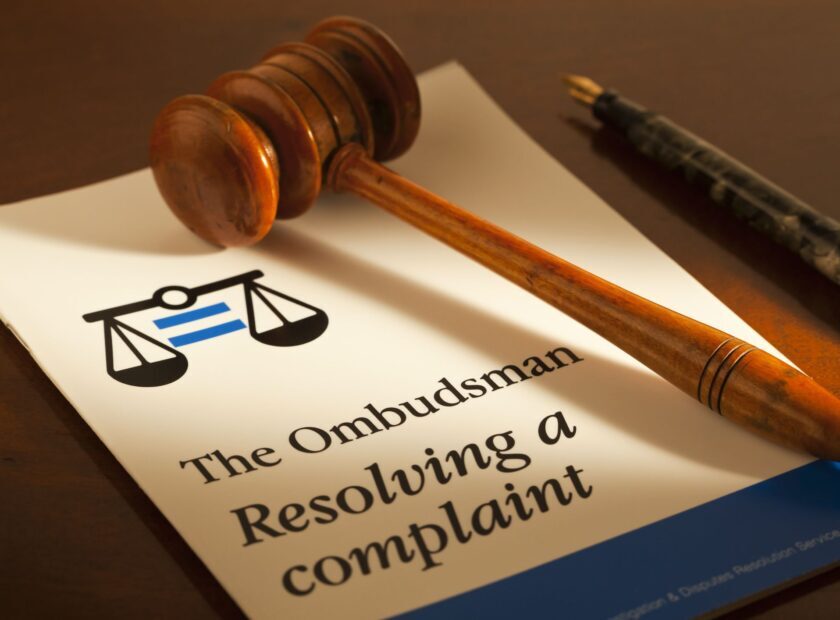
What is takes to become an effective Councillor
Introduction
Some individuals have been actively participating in local elections for many years, while others are contemplating their first run in the upcoming May 2024 local elections in our country. Even those who have extensive experience in local government may need to reassess their methods and consider a change in their approach. Newcomers to this field are beginning to realize the various aspects they need to work upon to become effective councillors.
In addition, major political parties often prioritize quantity over quality, placing a strong emphasis on an individual’s capacity to gather votes. Especially during their initial stages, individuals may encounter challenges as they establish themselves.
Furthermore, the absence of sufficient candidate training necessitates that those aspiring to run successful election campaigns must begin their preparations from scratch. Therefore, selecting the right approach is pivotal for a strong beginning.
The Role of a Councillor
An elected councillor has numerous responsibilities to bear in mind if they genuinely aim to make a positive impact, both in their local community and in the lives of the residents they represent. Some of these responsibilities include:
- Leading and formulating strategies and plans for their community, ensuring a balance between the diverse needs of residents and the locality, while identifying the priorities that the Local Council should address.
- Guaranteeing democratic responsibility for the public services rendered and holding service providers to the Council answerable to ensure the most effective use of the compensation they receive.
- Engaging with key stakeholders to unite everyone in addressing social, economic, and environmental challenges.
- Overseeing the affairs of the Local Council, particularly by ensuring thorough scrutiny of its work, plans, decisions, efficiency, and resource utilization.
- Collaborating with colleagues to facilitate resident participation, involving local businesses and other stakeholders in decision-making processes to enhance civic engagement within the community.
- Working with colleagues to maintain an environment in which the community can thrive and enjoy the best possible quality of life.
It’s crucial to bear in mind that when councillors operate with transparency, responsibility, inclusiveness, and effectiveness, they frequently earn recognition and gratitude from residents when the time comes for them to elect their representatives.
Understanding What Needs to Be Done
As previously mentioned, a councillor, as a democratically elected representative, has a duty to act as a catalyst for uniting everyone and guiding them in the same direction. To achieve this, they must first integrate seamlessly into the councillor group, regardless of their background or political affiliation. With this purpose in mind, a councillor can serve as the link connecting residents to the Local Council, fostering synergy between the desires, expectations, and actions of the Local Council and the community.
Irrespective of any training candidate may have received during an electoral campaign, it’s important to note that being elected as a councillor doesn’t automatically make one an expert in all matters. Moreover, following their election, it becomes imperative that elected councillors actively participate in all organized training sessions to enhance their skills the attitude they need to embrace, and to augment their knowledge on how to take well-informed decisions. Equally important is the effective participation in council meetings and other activities organized by the council, the engagement in public discussions and consultation sessions, and their accessibility so that residents would know how and where to contact them.
Mario Fava
President



